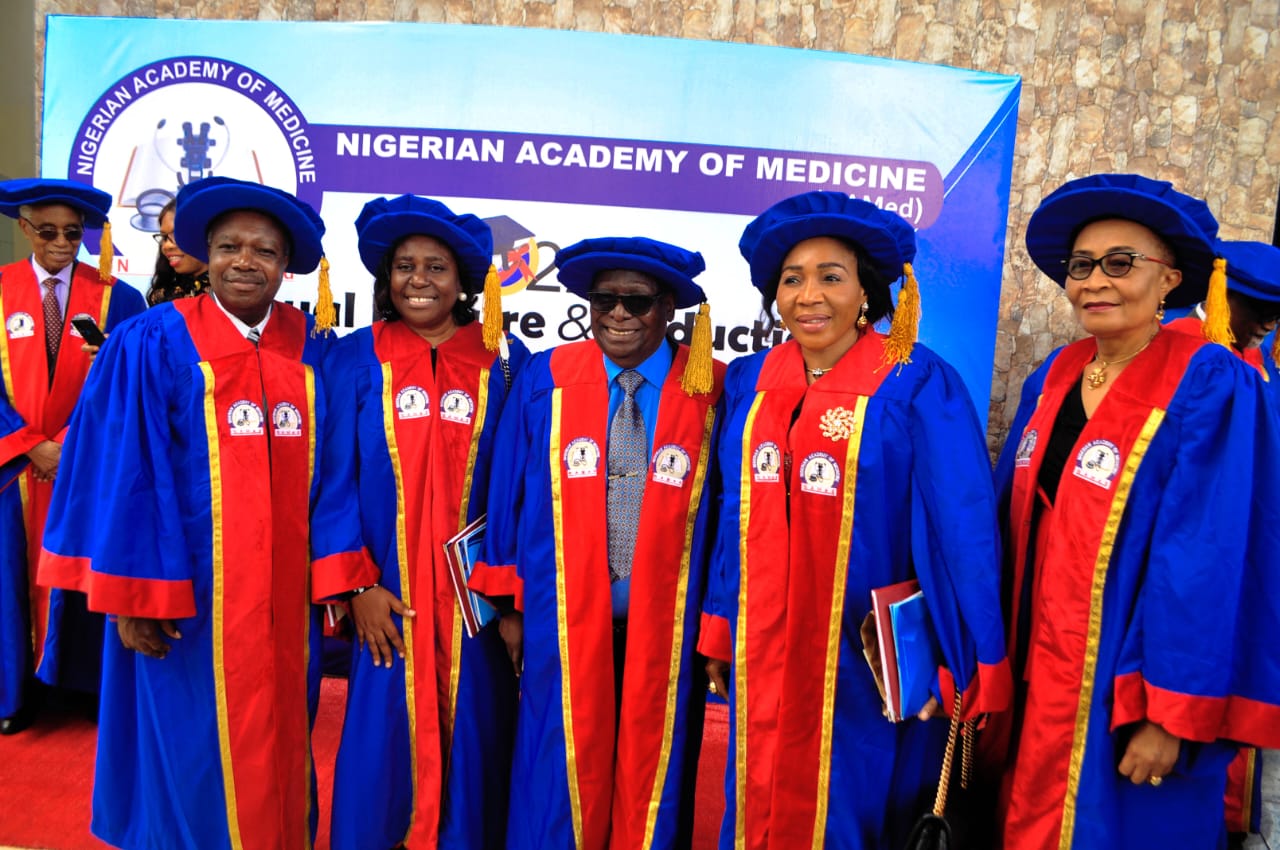The Nigerian Academy of Medicine (NAMed) has called on all stakeholders, particularly government agencies, policymakers, health professionals and organisations, and non-governmental organisations to foster inter-professional relationships in the health sector in order to deliver high-quality patient-centred care and Universal Health Coverage (UHC) for all Nigerians.
The academy made the call in a communique issued after its 2023 conference and induction ceremony organised in collaboration with the Development Research and Projects Centre (dRPC) in Abuja.
The academy and dRPC also launched a media challenge on primary health care (PHC) reporting for journalists covering themes ranging from PHC financing, PHCs, UHC, and the Basic Health Care Provision Fund (BHCPF) among others.
NAMed, in the communique which was signed by the president, Prof. Samuel Ohaegbulam and the secretary-general, Prof. Oluwoke Atoyebi, also called for the provision of increased funding for health, including support of the Primary Health Care Under One Roof (PHCUOR) programme.
The academy said causes of incessant strikes in the health sector include professional rivalry (inter-professional and intra-professional), poor funding, poor remuneration, poor/inadequate maintenance of existing facilities, poor working conditions/environment, conflict in management style, corruption and general insecurity in the country.
It said these are compounded by agitations by workers on issues such as staff welfare, promotion, wage increase, housing, transport, improved working conditions/environment, and lack of equipment/facility.
The academy said inter-professional relationships play a crucial role in the healthcare sector, especially in Nigeria with challenging demographics.
“Healthy inter-professional relationships have many benefits for both patients and healthcare workers, such as the improvement of health outcomes by enhancing communication, coordination and decision-making among different health professionals; improving the workplace by reducing conflict, increasing confidence, and fostering innovation among health care workers; and promoting ethical practice by respecting the contributions and values of all disciplines,” it said.
To enhance inter-professional collaboration in Nigeria, the academy recommended the development of a national policy framework, strengthening regulatory mechanisms, implementing inter-professional education, fostering a collaborative culture, embracing technology and encouraging research and evaluation.
A former minister of health, Prof. Isaac F. Adewole, in his lecture titled ‘Interprofessional Relationships in the Health Sector: Enhancing the Healthcare Workforce in Nigeria in the Presence of Challenging Demographics’, said there is a need to boost political will and mobilize resources for the workforce agenda as part of broader efforts to strengthen and adequately finance the Nigerian health system.

 Join Daily Trust WhatsApp Community For Quick Access To News and Happenings Around You.
Join Daily Trust WhatsApp Community For Quick Access To News and Happenings Around You.

